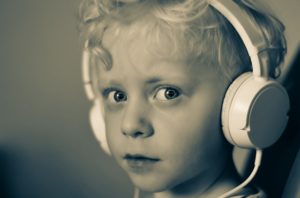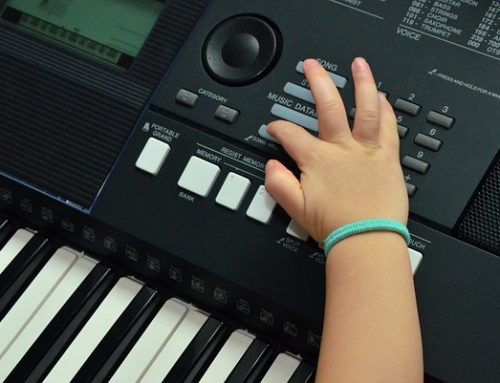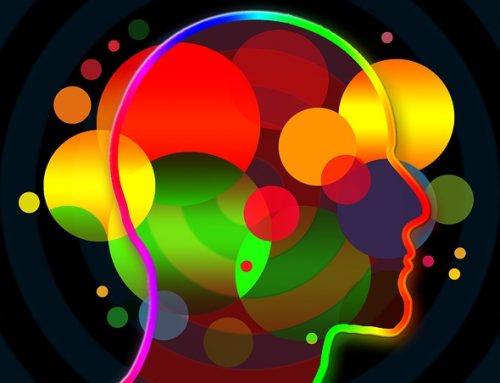 For reasons that aren’t fully understood yet, children who have ADHD (Attention Deficit Hyperactivity Disorder) are also at risk for having more sensory processing problems.
For reasons that aren’t fully understood yet, children who have ADHD (Attention Deficit Hyperactivity Disorder) are also at risk for having more sensory processing problems.
This does not mean that one disorder causes the other, however. It also doesn’t mean that having a hard time paying attention causes auditory processing difficulties, or vice versa. The connection isn’t fully known, but it is there.
The question to explore is: Can aspects that are tied to auditory processing be optimized?
Neurological Differences in Those with Sensory Processing Disorders
When an individual has sensory processing challenges, they may under- or over-respond to the input their senses receive. This is true of all the senses: hearing, taste, touch, movement, and sometimes even sight. They can struggle to discriminate accurately between stimuli as well, including sound.
Researchers have found marked differences in the brain physiology of those with ADHD and sensory processing disorders in comparison with those who are neurotypical. They often note thinner areas in brain tissue. And they have also identified that, even in a resting state, the areas of the brain responsible for sensory processing show greater activity than those without processing disorders.
What Does Auditory Processing Disorder Look Like?
Sometimes, parents first seek help for their children because they suspect a learning disability. They can be surprised to find out that auditory processing disorder is behind their child’s classroom or learning problems.
Individuals with Auditory Processing Disorder (APD) do not have hearing loss or hearing problems. Rather, the physiological processes needed for smooth coordination between sound and its interpretation in the brain become disrupted in some way. This can display itself as difficulty following directions, oversensitivity to background noises, and struggles with concentration.
(I discuss Auditory Processing Disorder symptoms more here)
What Research Shows

In one study, researchers measured the responses of children with Auditory Processing Disorder to simple rhythms. They provided the same listening tests to neurotypical children. The results? Children with APD showed many more errors in their perceptions of the rhythm patterns than the other group.
While listening to basic rhythms may seem simplistic, it was an important test because understanding rhythm correlates to children’s ability to understand and interpret spoken language. This ability directly relates to APD.
Interestingly, in this same study, researchers found that children with APD did not differ in the actual part of their brain that controls attention and long term memory from neurotypical children. Rather, their struggles with rhythm perception happened somewhere along the sensory processing pathway.
How Listening Training Helps
The Tomatis Listening Method was designed to address exactly the type of sensory processing struggles that children with APD have. Because the auditory sense is the one most deeply connected to all of the others, treating listening disorders offers a holistic approach that radiates out to all senses.
Listening training helps the brain learn to focus on what really matters. It teaches the mind to tune out unimportant sounds and listen for the real meaning. By focusing on the auditory processing ability, we are able to fine-tune the capacity of all of the senses to home in on what matters most.
And yes, this means that we can improve the ability of auditory processing attention!
Researchers such as Nina Kraus have also done extensive studies on the effectiveness of listening and music training for children who have auditory and learning difficulties. As a clinician, such studies are very exciting to me. I get to see the real-life application of their power working with youngsters in my office.
—
When I work with children who have APD, I always do a thorough evaluation. And when called for, I provide referrals to other specialists who can address additional elements of a child’s auditory or behavioral struggles. I have seen many children (and adults) make great strides in their auditory processing attention abilities.
If you would like to know more about APD or the Tomatis method, I encourage you to contact me or browse my website.





